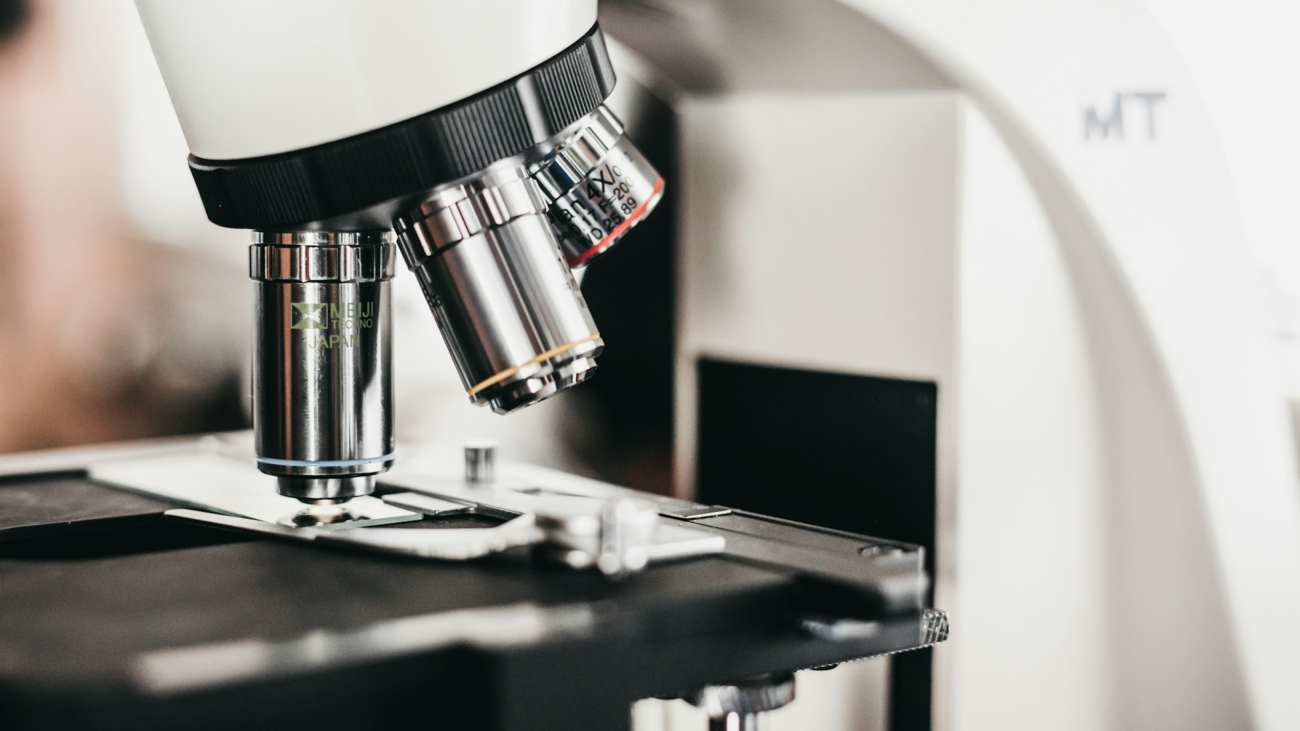As the global population continues to rise and climate change increasingly impacts traditional farming practices, the agricultural sector faces unprecedented challenges. To address these issues, innovative technologies are being developed to enhance crop resilience, optimize yields, and ensure food security. Among these technologies, synthetic biology stands out as a revolutionary approach with the potential to transform agriculture. This article explores the technical aspects of synthetic biology and its application in creating entirely new plant species with tailored characteristics for specific climates and soil types.
Understanding Synthetic Biology
Synthetic biology is an interdisciplinary field that combines principles from biology, engineering, and computer science to design and construct new biological parts, devices, and systems. In the context of agriculture, synthetic biology involves the modification of plant genomes to develop crops with desired traits that are not typically found in nature. This can include improved resistance to pests and diseases, enhanced nutritional content, and the ability to thrive in adverse environmental conditions.
Key Techniques in Synthetic Biology
- Genome Editing:
- CRISPR-Cas9: One of the most powerful tools in synthetic biology, CRISPR-Cas9 allows for precise editing of the plant genome. By targeting specific DNA sequences, scientists can introduce or remove genes responsible for desired traits.
- TALENs and ZFNs: These are alternative genome editing tools that offer similar precision and are used to modify plant DNA for specific outcomes.
- Gene Synthesis:
- De Novo Gene Synthesis: This involves creating genes from scratch in the laboratory. Synthetic genes can be designed to express specific proteins that confer beneficial traits to plants.
- Pathway Engineering: By synthesizing and inserting multiple genes, entire metabolic pathways can be engineered to produce new compounds or enhance existing processes within the plant.
- Synthetic Promoters:
- Custom Promoters: Synthetic promoters are designed to control the expression of genes more precisely than natural promoters. This allows for targeted expression in specific tissues or in response to environmental cues.
Applications of Synthetic Biology in Agriculture
- Climate-Resilient Crops:
- Drought Tolerance: By introducing genes that enhance water-use efficiency and stress response, synthetic biology can create crops capable of thriving in arid conditions.
- Salt Tolerance: Genetic modifications can enable plants to grow in saline soils, expanding the range of cultivable land.
- Pest and Disease Resistance:
- Pathogen Resistance: Synthetic biology can introduce genes that produce antimicrobial compounds or enhance the plant’s immune system, reducing the need for chemical pesticides.
- Insect Resistance: Genes that produce natural insecticides or deterrents can be incorporated into plants, providing built-in protection against pests.
- Nutrient Utilization:
- Nitrogen Fixation: Engineering crops to fix atmospheric nitrogen can reduce dependence on synthetic fertilizers, promoting sustainable agriculture.
- Phosphorus Uptake: Modified plants with enhanced root systems can improve phosphorus uptake from the soil, increasing nutrient efficiency.
- Enhanced Nutritional Content:
- Biofortification: Synthetic biology can enhance the nutritional profile of crops by increasing the content of essential vitamins, minerals, and other nutrients.
- Allergen Reduction: Genes responsible for allergenic proteins can be silenced or removed, making crops safer for consumption.
Case Study: Golden Rice
One of the most well-known examples of synthetic biology in agriculture is the development of Golden Rice. Traditional rice varieties were genetically modified to produce beta-carotene, a precursor of vitamin A, addressing vitamin A deficiency in many developing countries. This was achieved by introducing genes from daffodils and bacteria into the rice genome, demonstrating the potential of synthetic biology to address global nutritional challenges.
Challenges and Considerations
- Regulatory Hurdles:
- The regulatory landscape for genetically modified organisms (GMOs) varies widely across countries. Ensuring the safety and efficacy of synthetic biology applications while navigating these regulations is a significant challenge.
- Ethical and Social Acceptance:
- Public perception of GMOs can be negative due to concerns about safety and environmental impact. Transparent communication and education are essential to gain public trust and acceptance of synthetic biology in agriculture.
- Environmental Impact:
- While synthetic biology offers many benefits, its impact on ecosystems must be carefully assessed. Unintended consequences, such as gene flow to wild relatives, need to be managed through rigorous testing and containment strategies.
Future Prospects
The potential of synthetic biology to revolutionize agriculture is immense. As techniques become more refined and our understanding of plant genetics deepens, the ability to create crops tailored to specific climates and soil types will become increasingly feasible. These advancements will not only enhance food security but also promote sustainable agricultural practices by reducing reliance on chemical inputs and improving resource use efficiency.
Conclusion
Synthetic biology represents a promising frontier in agricultural science, offering innovative solutions to some of the most pressing challenges faced by the sector. By enabling the creation of new plant species with tailored characteristics, synthetic biology can help ensure a resilient and sustainable food supply for future generations. As research and development in this field continue to progress, the integration of synthetic biology into mainstream agriculture will likely become a key component of the global strategy to address climate change, food security, and environmental sustainability.

